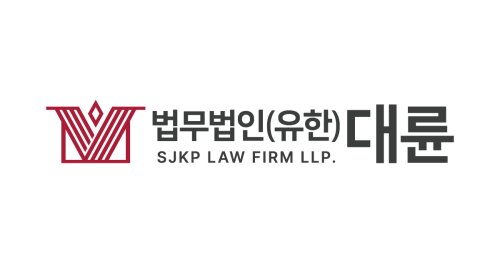Best Citizenship Lawyers in South Korea
Share your needs with us, get contacted by law firms.
Free. Takes 2 min.
Or refine your search by selecting a city:
List of the best lawyers in South Korea
About Citizenship Law in South Korea:
South Korea follows the jus sanguinis principle, meaning citizenship is typically determined by bloodline rather than country of birth. However, there are also provisions for naturalization for those who meet certain criteria.
Why You May Need a Lawyer:
Legal assistance may be required in cases such as applying for naturalization, dealing with issues related to dual citizenship, or addressing any complications that may arise during the citizenship process.
Local Laws Overview:
In South Korea, dual citizenship is generally not permitted, and individuals must renounce their original citizenship to become a Korean citizen. Naturalization requires a period of residence, language proficiency, and adherence to certain cultural norms.
Frequently Asked Questions:
1. Can I hold dual citizenship in South Korea?
No, dual citizenship is generally not allowed in South Korea. In most cases, individuals are required to renounce their original citizenship to become a Korean citizen.
2. What are the requirements for naturalization in South Korea?
Requirements for naturalization include a period of continuous residence, language proficiency in Korean, a basic understanding of Korean culture and history, and a demonstration of the ability to support oneself financially.
3. How long does it take to become a citizen through naturalization?
The naturalization process can take several months to a year, depending on various factors such as the completeness of the application and any additional requirements that may need to be met.
4. Can I become a Korean citizen if I do not have Korean ancestry?
Yes, it is possible to become a Korean citizen through naturalization if you meet the eligibility requirements set by the Korean government.
5. What are the rights and responsibilities of Korean citizens?
Korean citizens have the right to vote, work, and reside in South Korea. They also have the responsibility to abide by Korean laws and contribute to society.
6. How can a lawyer help me with my citizenship issues?
A lawyer can provide guidance on the citizenship process, help with completing necessary paperwork, represent you in legal proceedings, and ensure that your rights are protected throughout the process.
7. What should I do if my citizenship application is denied?
If your citizenship application is denied, you may have the right to appeal the decision. A lawyer can help you prepare an appeal and represent you in the appeals process.
8. Can I apply for citizenship on behalf of my children?
If you are a Korean citizen, you may be able to apply for citizenship on behalf of your children. The specific requirements may vary, so it is recommended to consult with a lawyer for guidance.
9. Are there any exceptions to the renunciation requirement for dual citizenship?
There may be exceptions to the renunciation requirement for dual citizenship in certain circumstances, such as for children born to foreign parents in South Korea. It is advisable to seek legal advice to understand your specific situation.
10. How can I check the status of my citizenship application?
You can check the status of your citizenship application by contacting the appropriate government agency responsible for processing citizenship applications. A lawyer can also help you navigate the application process and provide updates on your case.
Additional Resources:
For more information on citizenship laws in South Korea, you can visit the Ministry of Justice website or contact the Korea Immigration Service for assistance with immigration and citizenship-related issues.
Next Steps:
If you require legal assistance with citizenship matters in South Korea, it is recommended to consult with a qualified lawyer who specializes in immigration law. They can provide expert guidance and representation to help you navigate the citizenship process effectively.
Lawzana helps you find the best lawyers and law firms in South Korea through a curated and pre-screened list of qualified legal professionals. Our platform offers rankings and detailed profiles of attorneys and law firms, allowing you to compare based on practice areas, including Citizenship, experience, and client feedback.
Each profile includes a description of the firm's areas of practice, client reviews, team members and partners, year of establishment, spoken languages, office locations, contact information, social media presence, and any published articles or resources. Most firms on our platform speak English and are experienced in both local and international legal matters.
Get a quote from top-rated law firms in South Korea — quickly, securely, and without unnecessary hassle.
Disclaimer:
The information provided on this page is for general informational purposes only and does not constitute legal advice. While we strive to ensure the accuracy and relevance of the content, legal information may change over time, and interpretations of the law can vary. You should always consult with a qualified legal professional for advice specific to your situation.
We disclaim all liability for actions taken or not taken based on the content of this page. If you believe any information is incorrect or outdated, please contact us, and we will review and update it where appropriate.
Browse citizenship law firms by city in South Korea
Refine your search by selecting a city.
















